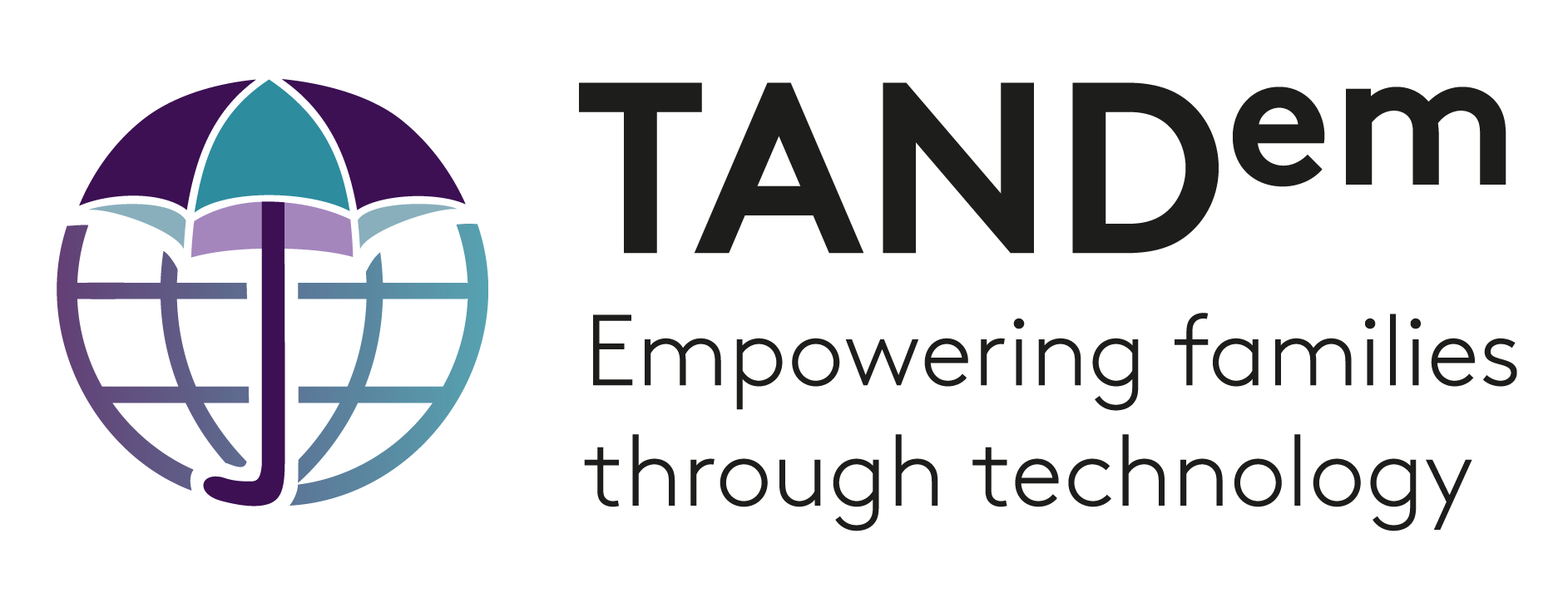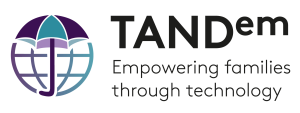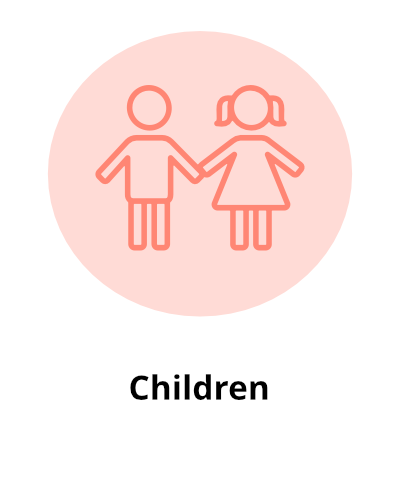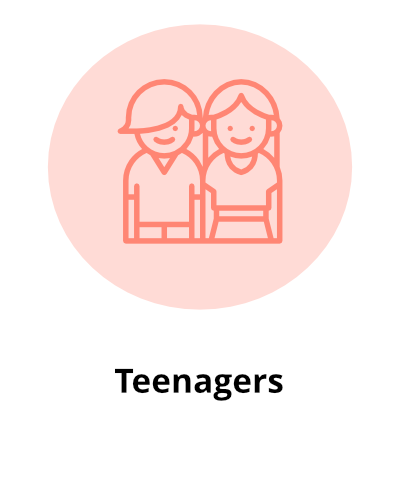Overactive/Impulsive Cluster
Home > TAND Clusters > Overactive/Impulsive > What to do > Adults
Adults
You can be affected by overactivity and impulsivity throughout your lifetime, not just during childhood and adolescence. Any of the tips for children and teenagers can be applied to adults. However, managing overactivity and impulsivity as an adult creates a new set of challenges and can express in different ways that could affect your quality of life.
Overactivity often disappears in adults, but attention deficits and impulsivity persist. Additional problems can include emotional instability. Adults with persisting problems from this cluster often experience difficulties with work, relationships, and in personal life.
Living with ADHD can be a challenge, but adults have often developed strategies to compensate for lack of attention, disorganisation and impulsiveness, see the resource panel for further information. It is important to talk openly about ADHD, coping strategies, medication use and side effects with your health professionals. Evaluate and monitor medication use and dose regularly. Remember: problems from the overactivity/impulsivity cluster are very common. Most people experience significant improvements through either self management, professional help, or sometimes both.
Time management
- Utilise online planners and mobile apps to create structure and organisation. Use online calendars and checklists, set reminders and alarms on your phone to complete important tasks.
- Leave earlier than intended to make appointments and allocate more time to tasks than you think you need.
- Set screen time limits on your mobile phone and personal devices to limit internet browsing and procrastination.
- Establish a consistent bedtime routine, incorporate daily exercise and healthy meals into your daily schedule. Limit your caffeine and sugar intake, practice good sleep hygiene strategies and limit screen time before bed.
Prioritisation
- Outline your to-do list at the beginning of each day. Set realistic time expectations for completing each task. Prioritise the most important tasks to complete earlier in the day. Use timers and alarms to work through each task at a time. ‘Chunk’ larger tasks into more manageable, achievable goals. Incorporate short regular breaks into your working day if possible. Move away from your desk for short periods of time when feeling restless.
- Prioritise self-care and channel your energy and focus into hobbies and pursuits you enjoy. Improve focus and attention by practicing mindfulness or guided meditation. Free apps and online videos are available, these techniques may help you to achieve focus and minimise distractions in other aspects of life.
Money management
- Be realistic and honest when financial planning. Keep to a monthly budget and keep receipts and accurate records of your purchases. Use spreadsheets or mobile app budget planners to stay on track with your finances and keep a record of impulse purchases. Seek financial advice and the support of family or friends you trust if you need help with budgeting and staying on top of your finances.
- Switch to online banking if possible, to track your balance and set up direct debits to automatically set up payments for regular bills.
- Be mindful of impulsive buys and making expensive splurges. Use the calculator on your phone to monitor spending in stores, do not subscribe to emails from retailers with exclusive offers and discount codes, do not sign up to store cards, and limit time spent online shopping and browsing. Seek professional financial support if needed and have open and honest conversations about your spending habits with friends and family you trust.
Develop structure and neat habits
- Create a system of organisation in your personal space. Use colour coded files, planners and folders for important documents (e.g. bills, legal documents, paperwork, contracts).
- Minimise distractions in your working environment. Use noise cancelling headphones if possible or make use of screens and dividers in shared offices. Keep your workspace tidy and organised and minimise clutter. Speak to your employer and work colleagues to discuss actions you can take to increase work productivity (e.g. positioning your desk in a certain location, turning off emails for set periods, audio record meetings).
- See the neuropsychological cluster for more ideas.







